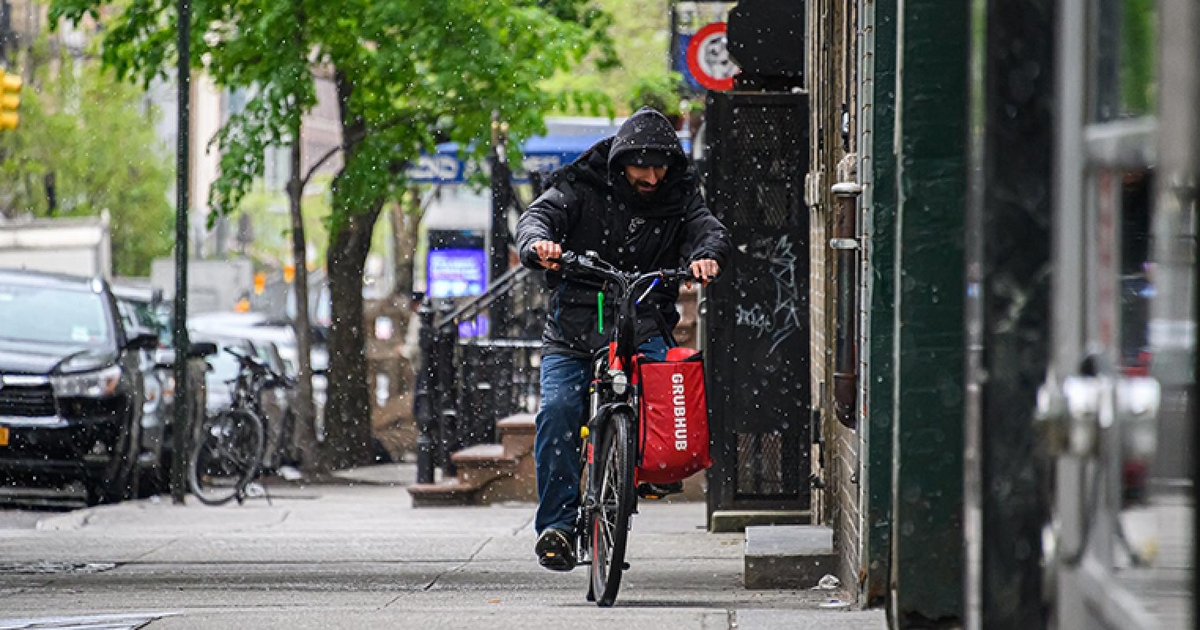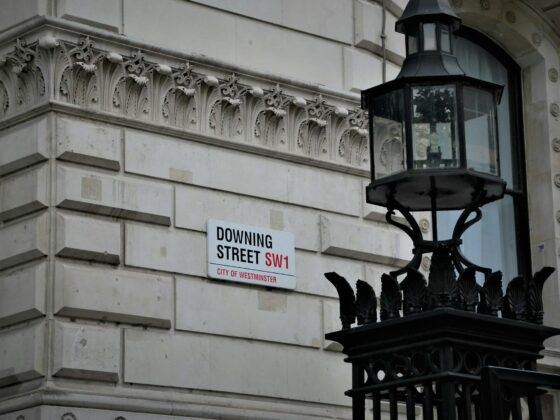
Grubhub will pay a $25 million settlement following an investigation by the U.S. Federal Trade Commission and the Illinois Attorney General that found alleged “unlawful practices” that include deceiving consumers about delivery costs and fees, deceiving delivery drivers about profits they would make, and unfairly listing restaurants on its platform without permission from the businesses.
In addition to paying the settlement fee, Grubhub must also promise to make substantial changes to its operations, including telling consumers upfront the full cost of delivery, clearly and transparently advertising pay for delivery drivers, and only listing restaurants on its platform with their consent.
“Our investigation found that Grubhub tricked its customers, deceived its drivers, and unfairly damaged the reputation and revenues of restaurants that did not partner with Grubhub—all in order to drive scale and accelerate growth,” FTC Chair Lina M. Khan, said in a statement. “Today’s action holds Grubhub to account, putting an end to these illegal practices and securing nearly $25 million for the people cheated by Grubhub’s tactics. There is no ‘gig platform’ exemption to the laws on the books.”
The investigation also accuses Grubhub of regularly blocking customers’ accounts that have large gift card balances without warning, leaving “new families, those facing health challenges, and others who may have received a large amount of gift card funds for food delivery without access to their funds.”
This settlement is part of the federal crackdown on junk fees, which was announced by President Biden in fall 2023, as a national effort to eliminate misleading consumer-facing surcharges that are usually included in the fine print before a purchase is made, with ticketing airlines and airlines as the major culprits.
Earlier this year, California and Illinois both introduced statewide laws intended to ban junk fees, which restaurant initially protested because many have been including additional fees post-pandemic in an effort to keep menu prices down.
As for this specific case, Grubhub has denied wrongdoing, though is complying with the results of the investigation.
“At Grubhub, we’re committed to transparency so that every single day diners, restaurants and drivers can make well-informed choices to do business with us,” a Grubhub spokesperson said in a statement. “While we categorically deny the allegations made by the FTC, many of which are wrong, misleading or no longer applicable to our business, we believe settling this matter is in the best interest of Grubhub and allows us to move forward.”
This is not the first time third-party delivery companies have been targeted legally regarding their consumer fees and restaurant listings. Over the past couple of years, there have been a wave of lawsuits and legislation aimed at enforcing greater transparency from third-party delivery companies, including a lawsuit filed by Los Angeles County earlier this year accusing Grubhub of deceptive business practices related to delivery fees.
“The surprise fees are often labeled as ‘service fees’ or ‘small order fees,’ but they are simply delivery fees in disguise,” The FTC said in a press release. “For accounting purposes, Grubhub treats [service fees] as part of the same delivery fee, explaining that ‘delivery fee + service fee = the restaurant’s delivery fee.’ One internal message from a former executive said this pricing tactic was ‘misleading, eroding trust,’ and ‘truly more expensive’ for consumers.”
Contact Joanna at [email protected]









